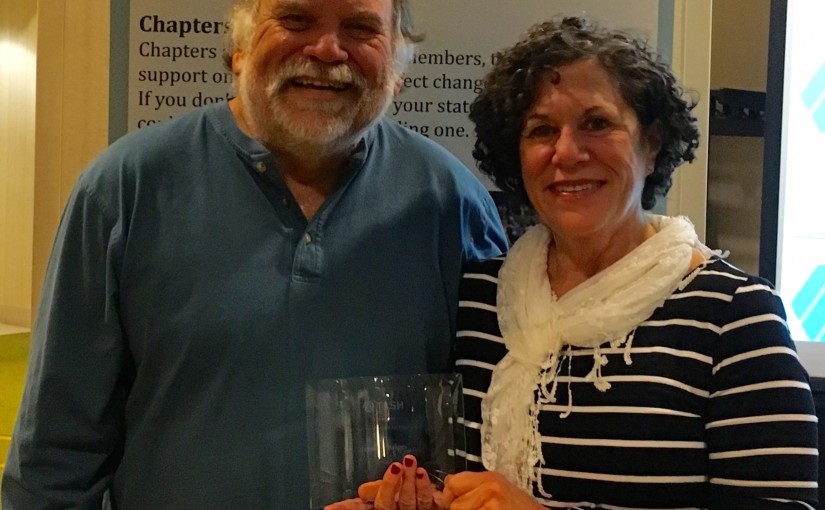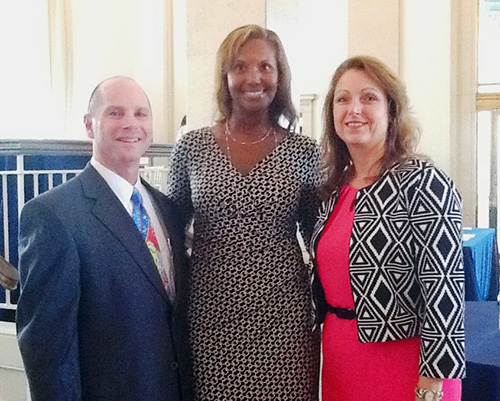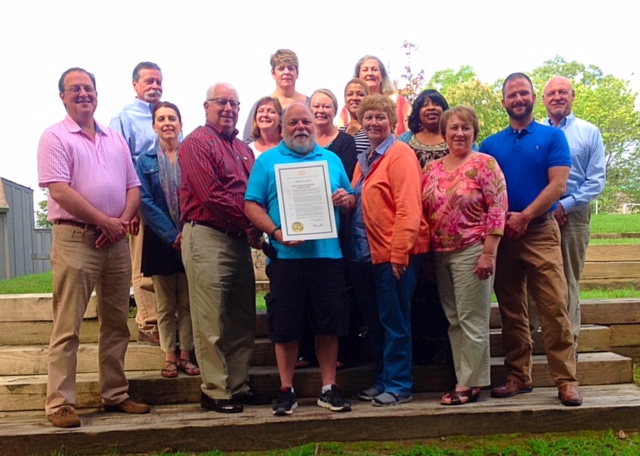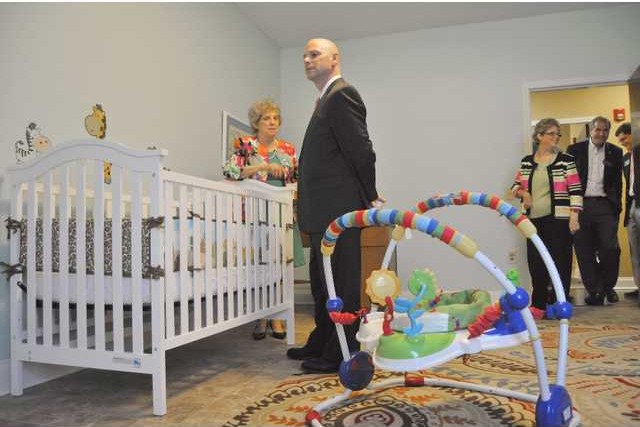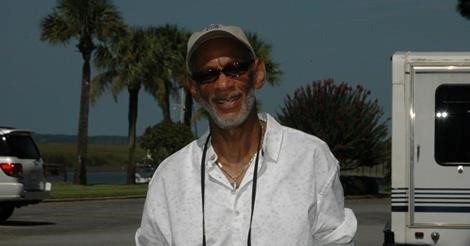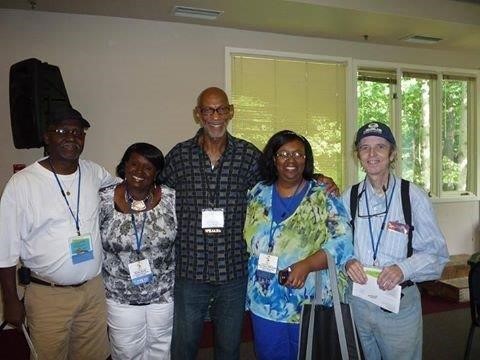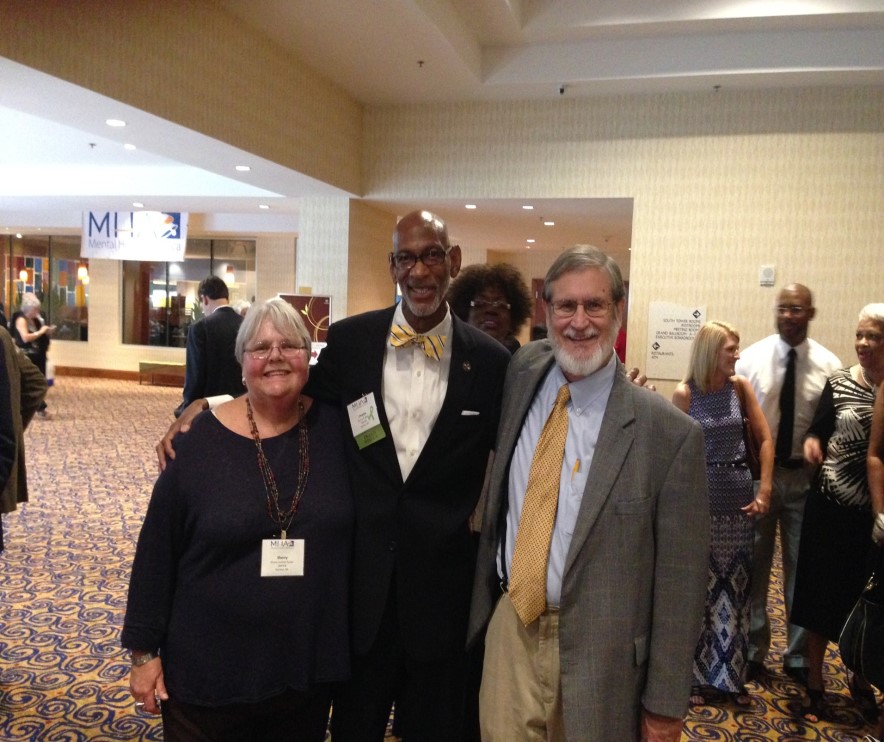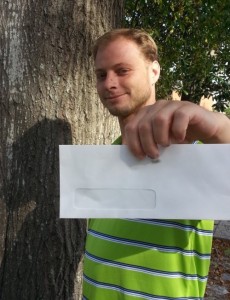September 13, 1953 – June 14, 2015
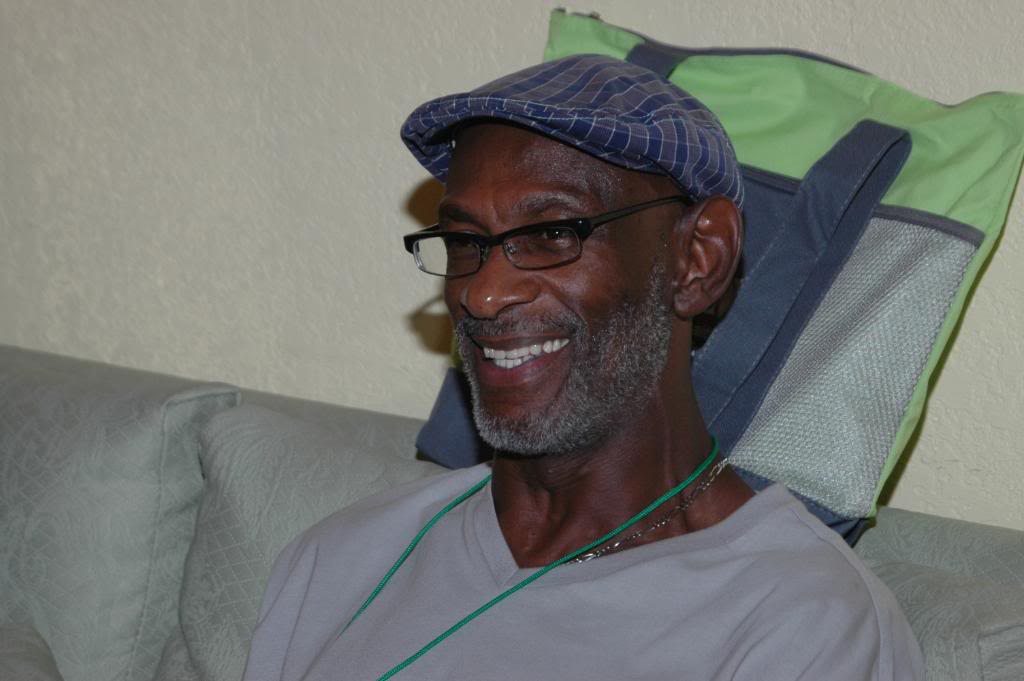
“Charles’ spirit and smile made a lasting impression on all of us. He is a person who didn’t just speak recovery, he embodied it. He will surely be missed, but his hope and positivity remain with us.”
— Judy Fitzgerald, DBHDD chief of staff
“Rest in Power, Charles. Your unwavering voice will be missed, and continues to resonate loudly through all of us who carry on your legacy.”
― Leah H. Arlington, VA
“On Sunday June 14, 2015 our beloved friend and colleague Charles Willis passed away. Charles was able to stand apart as a titan. Charles touched the lives of countless thousands of people across the state and the nation working as a champion of recovery. Through a long battle with illness, Charles never lost the things that made him so memorable and so impactful: his infectious energy; his ceaseless empathy; and his ability to light even the darkest night with his smile. Charles will be missed more than words can convey. Since we all know how much Charles meant to us both individually and as a community, please seek support from your peers and offer support in return. Please keep Charles and his family in your thoughts and prayers.”
― Jayme L., Decatur
“I first met Charles at CPS training in Augusta last June and he instantly became a close friend. I said to him once during training that he made me feel good about myself just by walking in the room. He gave me a great big hug and said he felt the same way about me. Charles always called me “Professor” because I used to work as a teacher in the public schools. He was an amazing compassionate guy and I will really miss him.”
— Mark E.
“Charles told this amazing story of a butterfly that was struggling to break free of a cocoon. A hunter in the woods came upon the cocoon and saw its struggle to free itself of the cocoon. He took a knife and the soon to be butterfly fell to the ground. The story is about the importance of our struggle in growing wings of flight and that we have to do this on our own. He inspired me to write a workbook about the story that has inspired many others. I was always inspired by Charles. When I would call him, I would say “I love you” before hanging up. Charles would say, “I love you more!” I know this is just a saying, but I think Charles loved all of us more. He had so much to share. He lived life to the fullest where it matters, at the heart. I am not sure there is another supporter out there like Charles; his words were so full of hope and strength. I will miss him deeply.”
— Carol C., Lincoln Nebraska
“Words cannot express the sense of loss I feel. Charles was one of my heroes; his place in my recovery will never be replaced. His genuine care and compassion, and his passion will never fade from the mind or the heart. Love to all his friends and family in this great time of loss. What an incredible man.”
―Wade L.
“You have been a guiding light on our shared journey in improving the system in support of wellness. In writing this now, I see the joy in your face extending a hug, offering an impassioned opinion, and celebrating wellness. I am a better professional and better person from our collaboration and partnership. I will not forget your amazing light and will not let it cease to guide me even though I can’t share that hug with you in this time and space. Thank you for your amazing grace.”
— Wendy T.
“What a mark you made on those of us living with mental illness, your legacy will live on forever. May you rest in peace.”
― Julie R.
“Charles had a way of engaging people that was so present and attentive that he gave you the impression that you were the only person in the world at that moment. His smile, eye contact, and genuine manner gave a message of loving kindness to everyone he met. His life has touched many, and will continue to touch many like a pebble tossed on a still pond creating ever widening circles of energy. I miss him now and always will.”
— Gerri S.
“What a wonderfully compassionate and selfless man he was. He encouraged me many times when I felt like throwing in the towel. My thoughts and prayers go out to his family and friends. RIP Charles….you’ve made a difference that will never be forgotten.”
― Jewels M., Vidalia Georgia
“I first met Charles at my CPS training in 2006. I kept seeing him pop up everywhere and I knew he really knew recovery. I needed a sponsor because I was new in town. He said yes and remained my sponsor for six years. When he told pieces of his story I realized he had so much experience I knew nothing of, and faced many physical challenges I have never faced, and he was still Charles Willis, the most cheerful man I have ever met, whose laugh I delighted in mimicking. I knew that I wanted to have more of that. I did my first fifth step with Charles which was utterly painful, but he made it beautifully okay. He seemed to be able to do that wherever he went. So very often when I was looking for a new job situation he would call me out of the blue and tell me about some opportunities. He mainly just wanted to ask how I was doing.”
I believe that when someone of this caliber leaves us, I feel it is because he has done his job immaculately and has nothing else left to do but to guide us in spirit where he can be everywhere. I loved Charles Willis. I will miss his laugh the most of all.”
— Matt Bonaker, Atlanta, Georgia
“Here in Puerto Rico, today I’m sad remembering Steve Kiosk’s (RIP) birthday , and happy that I had the chance to meet him and have his support. Just now I learn about Charles leaving us and I have the same mixed feelings, but the amazement that overcomes us with this kind of news is never really gone. Fortunately, we’ll always have the memory of his incredible legacy and achievements, and the echoes of his laughter that will forever resonate. I’ll miss you Charles.”
— Katy Castro
